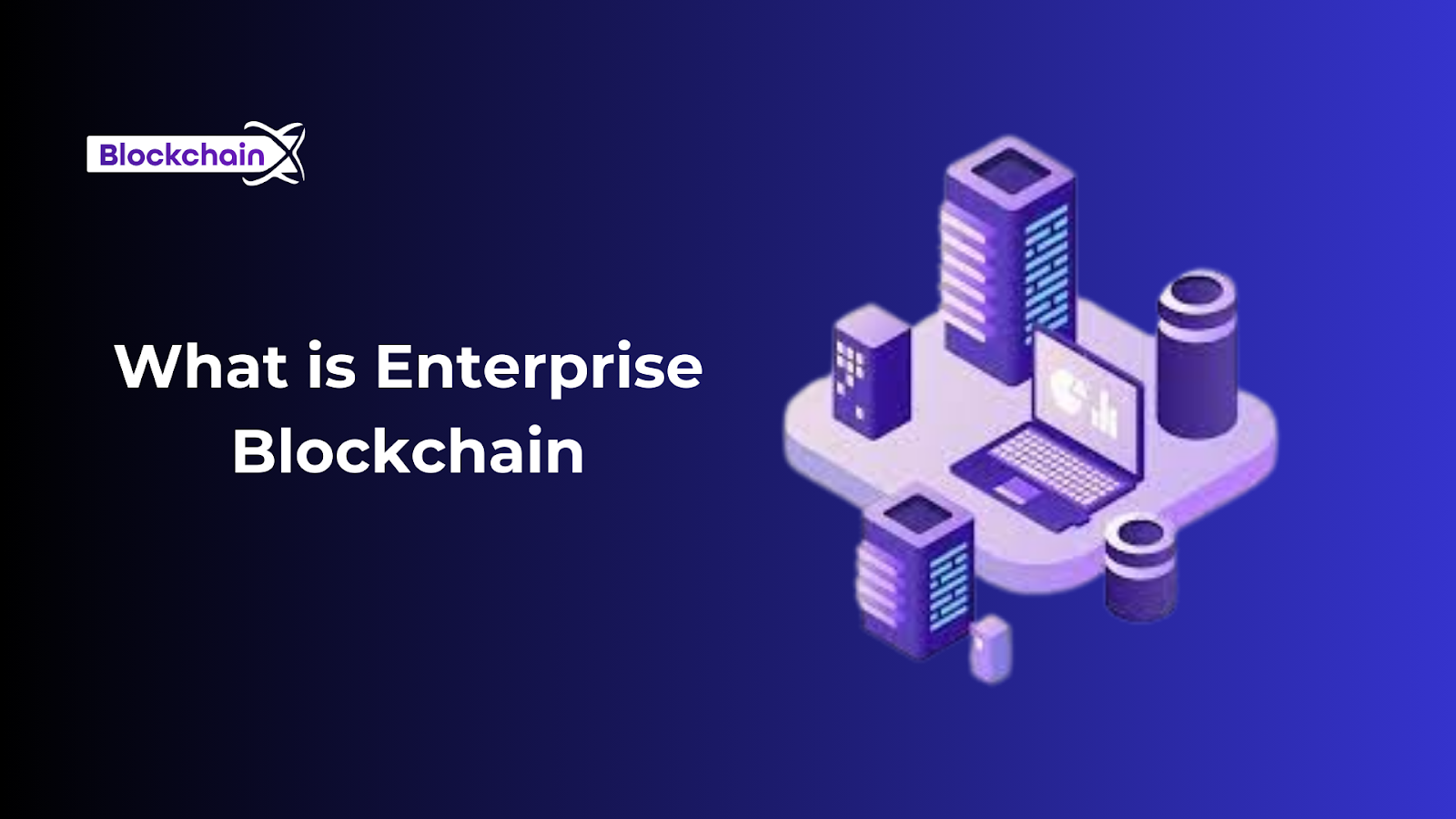Here is a not-so-fun fact: According to a KPMG survey, 19% of consumers would entirely quit purchasing at a retailer after a data leak, while 33% would take a long hiatus from shopping there.
And why won’t they? One thing every online user cares about the most is their data protection. But sadly, in an era where all the data is stored online, the risk of a data breach is more than ever.
Therefore, Data Protection must be the first precedence for every online store. E-commerce security refers to a set of technologies that ensure secure online transactions. The faith in digital security has been severely damaged as a result of significant data breaches. Consumers are at ease making transactions using standard networks. Customers require a bit more persuasion when it comes to giving their credit card information to new businesses.
5 Ways to enhance data protection for online stores
Enact SSL Certificates
If you’re serious about protecting your online transactions, this is a must-have. One of the biggest ways of avoiding shopping cart abandonments is when a user feels that the ecommerce site is insecure. SSL Certificates enable user identity and data encryption during storage and transmission. This is essential for ensuring secure communication between end-users and your website.
End consumers who are tech-savvy check for the HTTPS padlock icon in the address bar to ensure their personal information and credit card information when shopping online. Such users are more inclined to patronize a well-known brand that has gone to great lengths to secure the security of its website by implementing SSL certificates.
Choose a secure e-commerce platform.
As the saying goes, get the basics right, and the rest will take care of itself. The usage of a secure platform is the first step in creating a secure e-commerce website. With so many open-source and proprietary e-commerce platforms to choose from, deciding which one is ideal for you can be challenging.
However, regardless of which platform you use, be sure it has comprehensive security features and PCI compliant. Always run PCI scans on your server to make sure you comply.
Always go for the most secure e-commerce platforms. There are many secure e-commerce platforms, such as Shopify, Magento, BigCommerce, WooCommerce, etc.
Use a virtual private network.
On public networks, you must exercise extraordinary caution when dealing with consumer data, particularly financial transactions. Malicious people can intercept data sent across public networks. In this case, a VPN service comes in handy. It establishes an encrypted connection to a secure offsite server, preventing a third party from interfering with your communication with the server.
If the cost of a standard VPN subscription concerns you, consider an SSL-based VPN, which is less expensive. OpenVPN is a popular choice since it provides a free, open-source, community-based edition.
Consider two-factor authentication
Web security breaches are frequently caused by stolen or exploited user credentials. There are a variety of phishing techniques that can be used to acquire or guess valid user credentials, putting your online store’s security at risk. That’s where a reliable user authentication system comes in handy; it’s the cornerstone for protecting your online store from hacker attempts.
As an added layer of security, many e-commerce sites use two-factor authentication (2FA). This Security procedure requires a genuine user to submit two forms of identification: one is usually the username/password combination, and the other is usually an auto generated code delivered to the user’s verified phone number. Hackers may be able to crack the password, but they will not be able to steal this code, which is normally only valid for a brief period of time.
Verify card and address details
E-commerce websites must check card and address details of customers to reduce the risk of fraudulent purchases. Chargeback fraud can be reduced by using distinct tracking numbers for each transaction. Geo-targeting can also aid in the abolition of bogus transactions.
A three-digit code, often known as a security number, can be found on the back of your credit card. It’s important to remember that PCI doesn’t allow you to store CVV with your credit card and the cardholder’s name. This CVV is a critical security number that cannot be accessed unless it is physically obtained. However, as part of their secure checkout procedure, most payment processors will demand you to enter CVV, which is also effective.
Educate your customers and employees
You must inform users about the laws and rules that govern consumer data. Inform your clients and employees about your information security procedures. Tell them how you protect your clients’ credit card information and what they may do to protect their financial information. Emphasize your company’s data security best practices, and advise people not to send critical information by email, text, or chat.
You must also educate your workers on the steps that must be taken to protect consumer information. To safeguard your company from legal ramifications, tell them to follow all security protocols and standards properly.
Conclusion
That’s it! These are the five ways that you must consider to enhance the data protection of your online store. Again, this is one of the things that a lot of online stores take for granted. Consumers prefer to buy with secured e-commerce online stores. They want their personal information, such as credit card numbers or other banking information, to be well protected when they enter it. Your business and customers can be protected from online risks by establishing effective e-commerce security protections.
Once your loyal customers feel their data is secured with your online store, they would not only shop from you always but will also recommend you to others.



